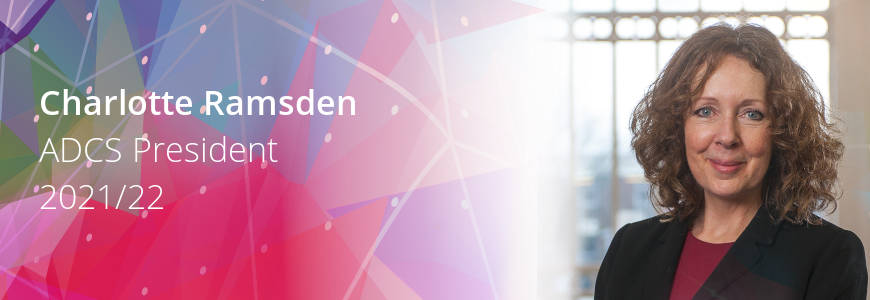Integrated Care Systems

Since April 2021, local areas in England moved towards Integrated Care Systems (ICS). These are new partnerships set-up to meet people’s health and care needs better and it is hoped that through improved co-ordination and join-up between local authorities, NHS and other partners, the population’s health will be improved and inequalities will be reduced. There can be a number of positives from greater collaboration and join-up between health and social care and this will hopefully simplify what is a very complex system. However, central to these arrangements must be a clear focus on the physical, mental and emotional needs of children.
Children’s health and wellbeing needs have never been more pronounced after almost two years of living with the pandemic. Even before the pandemic it has been encouraging to see progress made over recent years to acknowledge and understand better the importance of good mental health for children and young people. Yet there is still a long way to go before we achieve parity of esteem. I was disappointed at the silence around children’s health needs in the health White Paper last year, and whilst we welcomed the priorities set out for children and young people’s mental health in the NHS Long Term Plan, it was not sufficiently ambitious enough. With the establishment of ICSs, there is now real opportunity to put children’s health needs front and centre of national and local planning. Health is a statutory partner in local safeguarding arrangements and we have seen some positive work between the Departments for Education and Health and Social Care in bringing mental health support closer to schools. By building upon these positive examples of collaboration, we can raise the profile of children in health arrangements and reduce inequality.
With not being able to see friends due to various lockdowns and time spent out of the classroom, it is not surprising that the pandemic has impacted on the mental health of so many children and young people. NHS surveys have shown that one in six children now have a probable mental health disorder and whilst progress has been made, I echo the Children’s Commissioner’s call for more to be done.
Access to mental health support has long been an issue, particularly for disadvantaged groups. As ICSs become embedded, there is opportunity to create better, more collaborative approaches to planning, commissioning and delivering these services. If we get this right, it should lead to children having improved access to CAMHS, particularly those groups that we know struggle to access these services the most, such as children in care. There are areas tackling these challenges head on, with colleagues coming together across children’s services and health partnerships to recognise the barriers to access and build new approaches that better meet need. Setting out the commitment of leaders across an area to children in care, as corporate parents, is a strong message to deliver. Where local authorities and health partners are getting this right at the local and regional level, it’s important that we share this learning and encourage more areas to have these conversations.
As leaders of place, local authority children’s services have a key role to play here, but all partners have a responsibility to ensure children’s needs are not lost in these new arrangements – it is critical that we get this right, both locally and nationally. If we are truly serious about early intervention and prevention, we must start to have a sharper focus on the needs of children and young people to support them to grow into healthy, independent adults.
Charlotte Ramsden ADCS President 2021/22
Related Articles
ADCS responds to the UK Covid-19 Inquiry’s consultation on its draft...
In Health and Wellbeing
Commenting on support for children with a disability, ADCS President Steve...
In Health and Wellbeing
ADCS has responded to the Department of Health and Social Care’s ‘Smokefree...
In Health and Wellbeing
ADCS response to Transforming Children and Young People’s Mental Health...
In Mental Health
ADCS submission to the Mental health and wellbeing plan: discussion paper and...
In Mental Health
ADCS response to the Care Quality Commission’s report into child and...
In Mental Health
ADCS response to the consultation on the role of the National Data Guardian for...
In Health and Wellbeing
Response to the Care Quality Commission report on children and young people’s...
In Mental Health
Comment on Expert Working Group’s report, ‘Improving mental health support...
In Mental Health
ADCS response to the announcement on health visitor checks
In Health and Wellbeing
ADCS comment on joint working between health care professionals and social...
In Health and Wellbeing
ADCS response to the Review of Education, Health and Care plans: proposed...
In Health and Wellbeing
Coronavirus Multilingual hygiene and prevention posters
In Health and Wellbeing
Comment on Prime Minister’s speech on mental health policy



